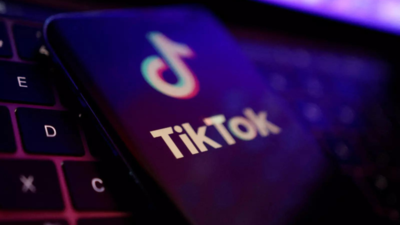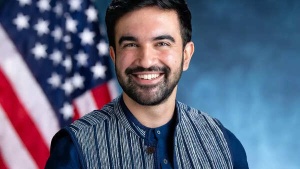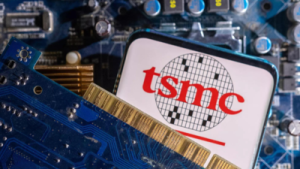Bobby Kotick, the former chief executive of Activision Blizzard, is reportedly exploring the possibility of acquiring TikTok, amidst growing concerns and potential bans in the United States. According to the Wall Street Journal, Kotick has engaged in discussions with ByteDance, the Chinese parent company of TikTok, regarding a potential acquisition that could amount to hundreds of billions of dollars.

This development coincides with the introduction of a new bill by US lawmakers that would mandate ByteDance to divest TikTok within a six-month timeframe, or face prohibition from US app stores. President Joe Biden has indicated his willingness to approve the bill should it successfully pass through Congress.
The Wall Street Journal further reports that Kotick and OpenAI CEO, Sam Altman, discussed the possibility of collaborating on a TikTok acquisition during a dinner meeting last week.
Kotick's interest in TikTok emerges after a tumultuous conclusion to his 30-year tenure at the helm of Activision Blizzard, which was acquired by Microsoft last year. The company faced a lawsuit alleging the prevalence of sexual harassment and discrimination under Kotick's leadership. The Wall Street Journal also alleged that Kotick was aware of misconduct and withheld information from the board. While Kotick faced accusations of harassment, Activision Blizzard has dismissed the report as "misleading."
Lawmakers have voiced concerns about data privacy and TikTok's connections to China. President Biden, whose administration has already prohibited the app on state-issued devices, has expressed his support for a nationwide ban. Conversely, former President Donald Trump, who previously advocated for a TikTok ban, has since reversed his stance, arguing that such a ban would benefit TikTok's competitors, such as Facebook and YouTube.
As the bill targeting TikTok gains traction, the app has mobilized its American user base to advocate against the proposed legislation, prompting users to contact their elected representatives. The bill, having cleared a committee vote last week, is anticipated to pass during the House vote scheduled for Wednesday. If approved, the bill will proceed to the Senate for consideration, and subsequently, to the President for enactment.
Newer articles
Older articles
 India Enters New Space Age as Astronaut Shukla Joins ISS Mission
India Enters New Space Age as Astronaut Shukla Joins ISS Mission
 X Cracks Down: Half a Million Indian Accounts Suspended for Policy Breaches
X Cracks Down: Half a Million Indian Accounts Suspended for Policy Breaches
 Google Unveils Strategy to Combat Misinformation, Boost Voter Access in India's 2024 Elections
Google Unveils Strategy to Combat Misinformation, Boost Voter Access in India's 2024 Elections
 Hair Oil vs. Hair Serum: Which is the Right Choice for Your Hair?
Alternatively:
Unlock Your Best Hair: Choosing Between Hair Oil and Serum for a Healthy Mane
Hair Oil vs. Hair Serum: Which is the Right Choice for Your Hair?
Alternatively:
Unlock Your Best Hair: Choosing Between Hair Oil and Serum for a Healthy Mane
 Bollywood's 'Swades' Anthem Joins Axiom-4 Mission: Indian Astronaut's Playlist Honors Heritage in Space
Bollywood's 'Swades' Anthem Joins Axiom-4 Mission: Indian Astronaut's Playlist Honors Heritage in Space
 Vijay Sethupathi Apologizes Amid Controversy Over Son's Film 'Phoenix'
Vijay Sethupathi Apologizes Amid Controversy Over Son's Film 'Phoenix'
 New York Assemblyman Zohran Mamdani's Style: 5 Lessons in Authenticity and Heritage
New York Assemblyman Zohran Mamdani's Style: 5 Lessons in Authenticity and Heritage
 Colon Cancer: Don't Ignore These 5 Early Warning Signs
Colon Cancer: Don't Ignore These 5 Early Warning Signs
 TSMC Regains Top 10 Global Value Ranking Amid AI Boom
TSMC Regains Top 10 Global Value Ranking Amid AI Boom
 Android Users Urged to Update Devices Amid High-Severity Security Flaws: Government Issues Warning
Android Users Urged to Update Devices Amid High-Severity Security Flaws: Government Issues Warning